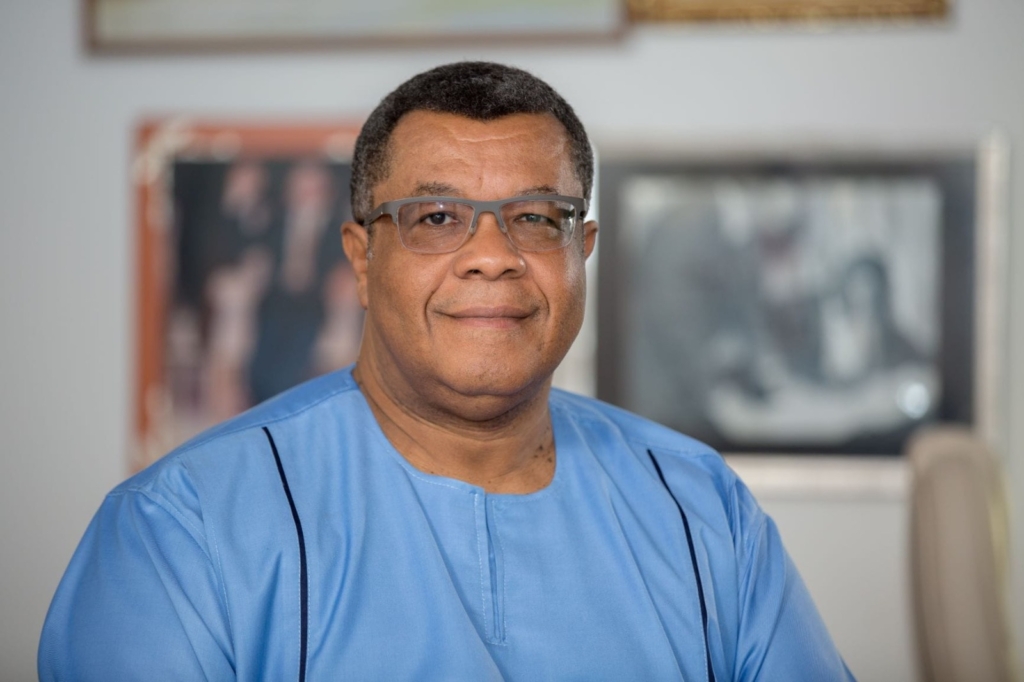The Presidential Advisor of the 24-hour Economy policy, Goosie Tanoh has underscored the urgent need to restructure Ghana’s economy, moving away from its heavy reliance on imported commodities.
He highlighted Ghana’s staggering US$2.4 billion annual food import, saying, it undermines national growth and job creation.
Speaking at the PWC Ghana 2025 Budget Digest in Accra, Mr. Tanoh said the government’s accelerated export development programme will address the challenges affecting the agriculture sector.
“The staggering $2.4 billion spent annually on food imports must be restructured,” said Mr. Tanoh.
“This is not just a financial issue, but one that hampers our ability to generate employment and grow our local industries. The government’s Accelerated Export Development Programme will address these challenges by focusing on boosting local production and reducing our dependence on imports”, he explained.
Mr. Tanoh highlighted that the new approach is not just about cutting imports, but about transforming the entire agricultural value chain to create sustainable jobs and ensure long-term economic stability.
Presidential Advisor on the Economy, Seth Tekper, at the event emphasised the government’s commitment to supporting local enterprises.
He mentioned that the government plans to continue backing the Exim Bank to help facilitate value addition and support export growth.
“We will not only continue to support the Exim Bank, but we are actively working on increasing value addition within our domestic industries”, he pointed out.
“This is critical to ensuring that we can retain more value locally and decrease our reliance on imports”, he said.
Senior Country Partner at PwC Ghana,Vish Ashiagbor, expressed optimism about the government’s approach.
He noted that the multi-pronged economic strategy is poised to counter potential revenue losses while tackling the country’s import dependency.
“I am confident that with the government’s holistic approach, which includes strengthening exports and fostering local production, Ghana will see a reduction in its trade imbalance and an increase in sustainable economic growth,” said Mr. Ashiagbor.
As Ghana continues to grapple with its economic challenges, these strategic plans to enhance local production and reduce imports are being seen as essential steps toward sustainable national growth. The government’s focus on agriculture, job creation, and value addition promises a more self-reliant future for the country.
The PwC Post-Budget Analysis is a comprehensive review of the government’s proposed financial policies, fiscal measures, and their implications for various sectors, businesses, and the general public.
Key stakeholders, including policymakers, economists, business leaders, and the media, gathered to analyze and discuss the budget’s effectiveness, its alignment with national priorities, and its potential to drive economic growth, job creation, and social development
DISCLAIMER: The Views, Comments, Opinions, Contributions and Statements made by Readers and Contributors on this platform do not necessarily represent the views or policy of Multimedia Group Limited.

